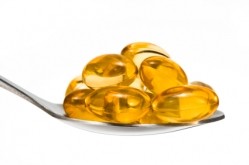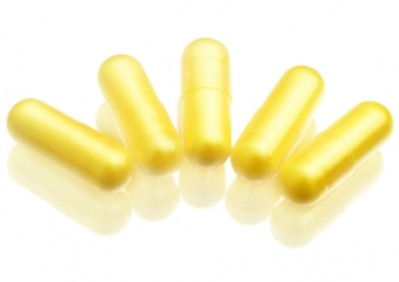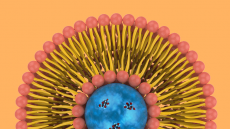Industry hits back at ‘nonsense’ vitamin D-heart health study

Presented this week at an American Heart Association (AHA) congress, the Utah-based researchers led by Dr T Jared Bunch, from the Intermountain Medical Center, found those with high levels of vitamin D (above 100 nanograms per 100ml) were 2.5 times more likely to suffer atrial fibrillation (heart fluttering).
In a statement headlined, ‘Conversion Errors and Vitamin D Nonsense’, supplier DSM said the unpublished research was flawed in its measurement methodology and would struggle to pass peer review.
“Thedata presented at the American Heart Association meetingneeds to be dismissed until the scientists check their serum 25(OH)D values for analytical or mathematical errors,” DSM said.
“Vitamin D status is determined by measuring serum 25(OH)D levels.Clinical values for vitamin D are typically reported asconventional units (ng/L) or SI units (nmol/L). To convert from conventional to SI units, one multiplies ng/L x 2.5 = nmol/L.”
“Dr Bunch and associates did not use either accepted standard. They used a different denominator – ng per 100 mL. Thenumbers presented at the American Heart Association meetingdo not make sense.”
The company pointed to two other studies - Rienstra and associates and Vacek and colleagues - that revealed heart benefits from vitamin D consumption.
“Most people have inadequate vitamin D status and would benefit from a vitamin D3 dietary supplement,” it said.
The new research took blood samples from more than 130,000 people.
Dr Bunch warned: "Patients don't think of vitamins and supplements as drugs. But any vitamin or supplement that is touted as 'healing' or 'natural' is a drug and will have effects that are both beneficial and harmful.Just like any therapy, vitamins need to be taken for the right reasons and at the right doses."
But widespread vitamin D deficiencies has many medical professionals recommending supplementation to combat bone and heart disease, diabetes and other health related health issues especially among children, the elderly, those who receive little sunlight, have dark skin or pregnant or lactating women.















